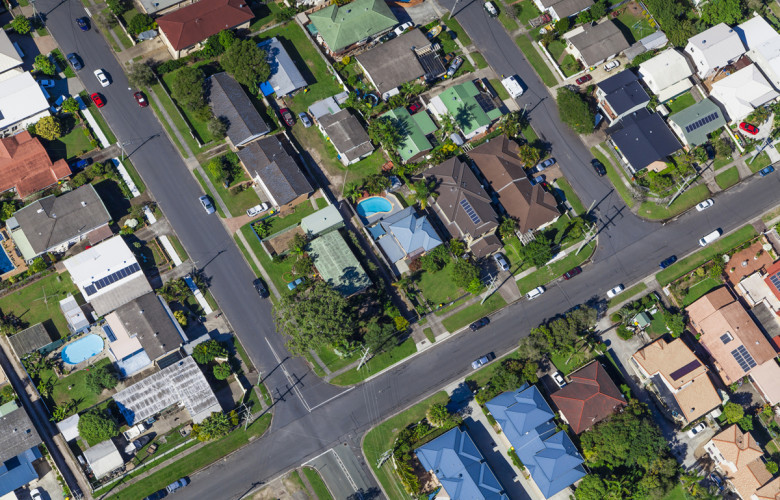Reduction in loan deferrals defies doom and gloom forecast: REIA
Contact
Reduction in loan deferrals defies doom and gloom forecast: REIA
New figures from the Australian Banking Association showing that the number of deferred loans has fallen below 300,000 is positive news for property markets, according to the Real Estate Institute of Australia.
New figures from the Australian Banking Association showing that the number of deferred loans has fallen below 300,000 is positive news for property markets, according to the Real Estate Institute of Australia (REIA).
REIA President Adrian Kelly said that the data signalled a reduction of nearly 70 per cent from the peak of the pandemic, where more than 900,000 loans were deferred by Australian banks, has seen financial disaster minimised.
“This is good news for those living in investment properties as it provides increased security to tenants,” he said.
“It also means catastrophic forecasts for Australia’s housing market made at the start of CV19 are simply not coming to fruition so customers should have increasing confidence to buy and sell.
“Data published by the Australian Prudential Regulation Authority shows that the overall levels of household saving in Australia increased from March through to October and Treasury research showed that lower income households were boosted by up to 20 per cent.
“This has contributed to banks seeing borrowers starting to pay back loans.”
Mr Kelly commended both the banks and government for rolling out this initiative at the outset of the pandemic and said the REIA would continue to watch the area closely on behalf of all real estate stakeholders.
“The REIA supported the bank loan deferral program of it from day one because we knew our members were receiving a high volume of phone calls from property owners who were either informing us that their tenant had lost employment and couldn't pay the rent, or they themselves had also suffered some employment issues which would impact their ability to pay their own home mortgage,” he said.
“The actions of Federal and state governments have had a strong impact to counter the severity of the downturn.
“As ever, we encourage any home owners and investors who are concerned about meeting their commitments to engage with the banks early and often.
Mr Kelly said that another major housing policy resulting from COVID-19, rental eviction moratoriums, were also gradually coming to an end.
“Anecdotal evidence from Queensland where the moratorium has ended suggests that this has had limited to no impact and the sky is not falling in,” he said.
“As other jurisdictions come out of the end of their moratoriums, this could even build the case for the end of these moratoriums being brought forward.”
REIA anticipates that REIA’s authoritative practitioner-led guides to Australia’s property market, Housing Affordability Report and Real Estate Market Facts, will be published in December and will reflect the impacts of CV-19 property policy measures and key trends.
Similar to this:
NSW Budget shows it is time to get serious about stamp duty: REIA
RBA improves housing affordability - REIA
September housing finance reflects improving housing sentiment - REIA





